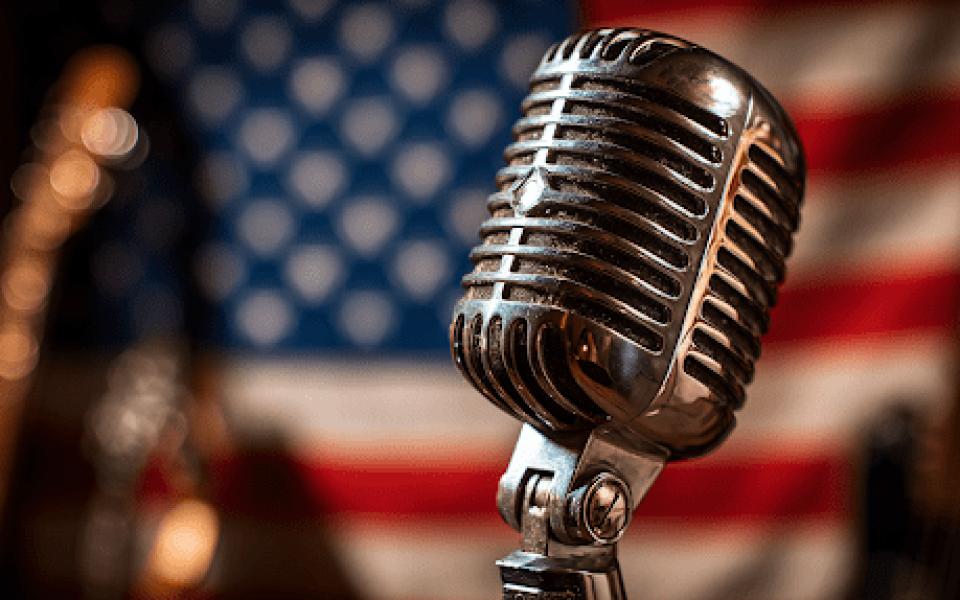American humour has long been a mirror for society, combining entertainment and social commentary. Political humour, in particular, serves a special purpose by questioning authority, showing paradoxes, and encouraging civic discourse. From historical cartoons to contemporary online sketches, comedy enables people to connect with politics in a more approachable and memorable manner. Digital platforms, like innovations in online entertainment such as the best crypto casino, have expanded the reach of political humour, bringing creators and audiences together like never before.
Historical Evolution of Political Satire
The origins of American political satire date back centuries, evolving alongside media technology and cultural shifts. What began as pamphlets and caricatures has evolved into television, radio, and now digital platforms, with each medium influencing the tone and influence of satire.
Key Milestones in U.S. Political Humor
| Era | Medium | Notable Examples | Cultural Impact |
| 18th–19th Century | Print, Cartoons | Thomas Nast, early political cartoons | Shaped voter perceptions, critiqued corruption and leadership |
| Early 20th Century | Radio | The Jack Benny Program, satirical sketches | Brought humor into homes, influencing public discourse |
| Mid-20th Century | Television | Saturday Night Live, The Tonight Show | Popularized late-night satire; amplified social commentary |
| 21st Century | Digital & Social Media | YouTube sketches, memes, TikTok commentary | Rapidly spreads political humor; engages younger demographics |
This evolution illustrates how satire adapts to media innovations, maintaining its relevance and cultural influence across generations.
Mechanisms of Influence: How Comedy Shapes Perception
Political satire is effective because it uses humour to express difficult ideas, making political content more digestible and emotionally engaging for viewers.
Ways Satire Influences Public Opinion
| Mechanism | Description | Example |
| Relatability | Frames political issues in a way audiences can personally connect with | Tina Fey’s impersonation of Sarah Palin on SNL |
| Exaggeration | Amplifies contradictions or absurdities to highlight flaws | Stephen Colbert’s “Colbert Report” persona satirizing pundits |
| Virality | Social media sharing increases reach of political commentary | Memes on Twitter or TikTok about election campaigns |
| Cultural Reflection | Mirrors societal values and trends, prompting discussion | Sketches highlighting social justice or economic inequality |
By using these mechanisms, satire becomes more than entertainment; it acts as a lens for understanding societal norms and political dynamics.
Modern Platforms and the Spread of Satire
The digital age has altered political humour. Unlike traditional broadcast and print media, online platforms allow authors to reach global audiences quickly, making satire more collaborative and participatory.
Platforms Amplifying Political Satire
- YouTube: Long-form sketches and commentary shows reach millions and spark discussion.
- TikTok: Short, viral videos condense political critiques into easily shareable content.
- Instagram & Twitter: Memes, reels, and threads facilitate real-time reactions and debates.
- Podcasts & Streaming Shows: Series like Pod Save America blend analysis with humor to engage listeners.
This digital landscape allows younger audiences, who may not follow traditional news sources, to engage with political content via entertainment formats, fostering awareness and discussion.
Comedy as Cultural Commentary
Political satire influences discourse, behaviour, and even policy awareness, shaping society rather than simply criticising it. Comedy has the power to humanise politicians, question assumptions, and normalise debate on contentious issues.
Cultural Impacts of Political Satire
- Encourages Civic Engagement: Humorous content can motivate audiences to vote or participate in discussions.
- Challenges Authority: Exposes hypocrisy, corruption, and societal flaws through ridicule.
- Builds Community: Shared laughter around satire fosters a sense of belonging among audiences.
- Preserves History: Comedic portrayals document societal attitudes and political climates for future generations.
Through these effects, satire functions as a cultural barometer, reflecting public emotion and altering how society views politics.
Political satire remains a potent influence in American culture. Its progression from print cartoons to viral digital material demonstrates its versatility and long-term usefulness. Satire influences public opinion as well as lifestyle and cultural standards by utilising humour to critique, educate, and entertain. Digital trends, such as the best cryptocurrency casino, demonstrate how novel mediums increase engagement and accessibility. For readers looking ongoing insights into culture, humor, and entertainment, further exploration is available at https://first.com/news/casino
Join the First Amendment Society, a membership that goes directly to funding TCB‘s newsroom.
We believe that reporting can save the world.
The TCB First Amendment Society recognizes the vital role of a free, unfettered press with a bundling of local experiences designed to build community, and unique engagements with our newsroom that will help you understand, and shape, local journalism’s critical role in uplifting the people in our cities.
All revenue goes directly into the newsroom as reporters’ salaries and freelance commissions.


Leave a Reply